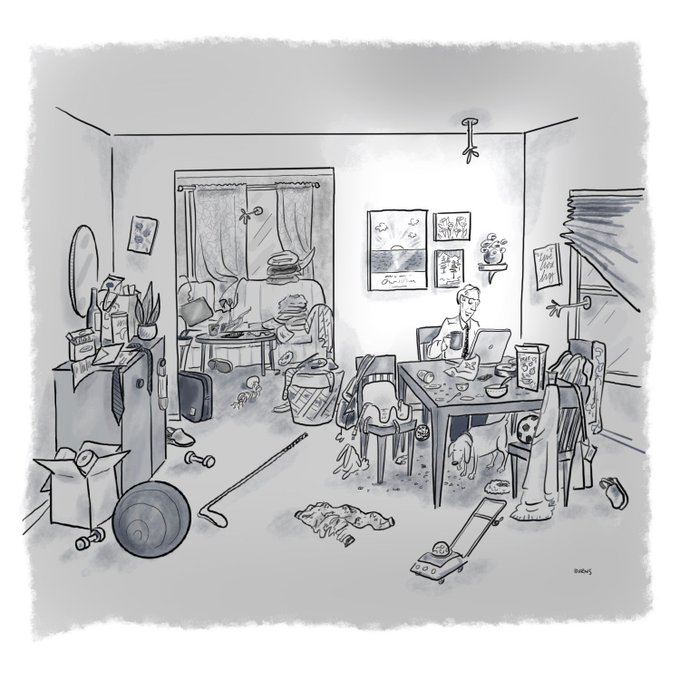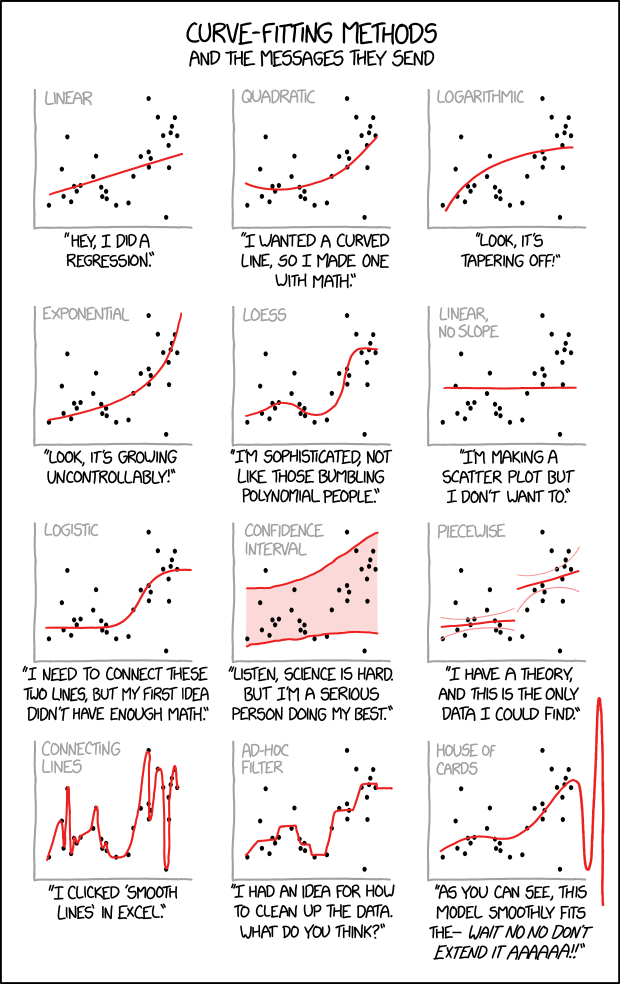If you look at the New York Times through an ideological lens , it’s fairly clear that on average the paper is a highly conventional establishment center to center left publication, but you won’t get much understanding beyond that. There are, however, explanatory variables that add great clarity. Hubris, the need to maintain and increase access, a profound attachment for the status quo, an upper class/Ivy League mindset, and the need to rationalize caving to pressure. Viewed in those terms, things start to make a great deal more sense.
The Republicans got to be very good at manipulating the New York Times by playing on these weaknesses. One of the results was the obsessive embrace of false balance. Another was the related technique of discussing a candidate, particularly a Democrat, as if his or her opponent didn’t exist.
This was perhaps the essential component of the paper's coverage of Hillary Clinton in 2016. Any reasonably accurate side-by-side comparison would have so greatly favored Clinton over Trump as to infuriate Republican leaders, inevitably leading to blistering attacks and the loss of access to Republican officials and inside tips.
Just to be clear, I’m not saying that the paper set out to bias their Clinton coverage out of desire of the carrot and fear of the stick. I’m sure that the people who wrote and edited these stories honestly believed that they were upholding the highest standards of fairness and journalistic ethics. That’s the problem.
When someone is doing wrong and knows they’re doing wrong, you could argue they are more morally culpable, but it is also easier to get them to acknowledge and correct the behavior. When, on the other hand, bad behavior is rationalized and those self justifications are fully internalized, it becomes almost impossible for people to self correct.
This is why the New York Times has grown less journalistically than almost any major news organization in the country over the past five years and why they are already starting to repeat the mistakes of 2016.
Which brings us to this recent
Dems-in-disarry piece by Katie Glueck, Lisa Lerer, Shane Goldmacher and Alexander Burns.
Some of the Biden campaign’s vulnerabilities were laid bare in recent weeks as he confronted an accusation of sexual assault by Ms. Reade, a former aide in his Senate office in the 1990s. After the allegation surfaced, his campaign weighed several approaches, with some arguing that it should not be elevated. Others wanted a more proactive posture.
Mr. Biden waited more than five weeks to address the matter directly, personally issuing a forceful denial only after a chorus of Democrats had urged him to speak out and several of his female surrogates fielded the issue first. In the meantime, the issue gained traction in social media posts by conservatives, Trump campaign officials and some in the liberal wing of the Democratic Party.
At one point Mr. Biden taped a video statement detailing his work combating sexual assault and harassment. But it did not mention Ms. Reade’s allegations, according to two people with knowledge of the matter, and the campaign did not release it. The campaign declined to comment on the video.
There are plenty of other problems with the piece -- more than I could cover in a blog post -- but this section is such a perfect example of how this contextless coverage lends itself to defending the indefensible.
"Because of the Tara Reade accusations, you should support Donald Trump" is not a defensible statement.This point is, of course, never spelled out in the piece but it's not a big jump and it has shown up elsewhere. It is only by ignoring aspects of Trump's history, aspects we all know, that the authors can maintain the appearance of reasonableness.
Any consistent discussion of the charges of sexual harassment and assault against the two candidates would result in a long and damning article about Donald Trump with a couple of paragraphs near the end about Joe Biden, and this holds for every notable Biden "scandal" of the election.
"Mr. Trump has his own enormous problems politically, and he and his campaign have yet to get a handle on Mr. Biden, veering from attacks over China to personal jabs at his mental acuity and his son Hunter."
That one phrase, "has his own enormous problems politically" is as close to an acknowledgement of the elephants in the room as the article gets, and it noticeably dodges the strangest and most interesting aspects of this story.
Consider the list implicit in that sentence:
1. Corrupt business dealing by the candidate's children;
2. Mental acuity;
3. Influence by foreign powers;
And add to that the previously mentioned
4. Sexual harassment.
Would a detailed and genuinely rigorous examination of any of these issues benefit Donald Trump politically? If anything, these are topics that the campaign would want to downplay, unless they were assuming that the press would fall back into the habits of 2016, avoiding damaging comparisons and using wildly divergent standards when deciding what qualified as a newsworthy negative story.
Sadly, with the New York Times, those assumptions may prove correct.
[The Reade story has
evolved since I wrote this, but not in a way that would undercut my points here.]


